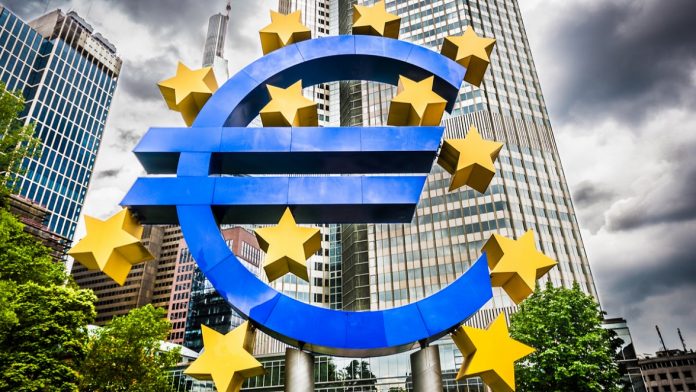- Pound (GBP) rebounds after big losses yesterday
- UK household confidence drops
- Euro (EUR) pares yesterday’s gains ahead of ECB rate decision
- No change in policy expected
The Pound Euro (GBP/EUR) exchange rate is rising after three consecutive days of losses. The pair settled -1% lower on Wednesday at €1.1897, as the pair continues to fall away from €1.2194 the 5-year high reached at the start of the week. At 05:45 UTC, GBP/EUR trades +0.17% at €1.1917.
The euro surged higher in the previous session amid an improving mood in the market and falling oil prices. Both Russia and Ukraine appeared to be adopting a softer tone towards each other ahead of the third round of peace talks today. Russia said that it wasn’t interested in overthrowing the Ukraine government, whilst Ukraine said that it was no longer insisting on joining NATO, which was one of the reasons that Russia attacked Ukraine.
In addition to the latest Russia, Ukraine headlines, investors will also be turning their attention to the European Central Bank, which is due to announce its monetary policy decision tomorrow. The ECB is not expected to raise interest rates. In fact, given the uncertainty that the Ukraine crisis has created and the expected hit to growth that could come from surging energy prices.
The ECB is in a tough position with inflation already high, even before oil prices jumped 20% in two weeks. The pandemic era PEPP bond-buying programme is expected to end this month and that isn’t expected to change. However, if the ECB sound too dovish they risk sending the euro lower, creating more inflationary pressure.
The Pound pushed fell versus the euro in the previous session. Whilst sentiment surrounding Russia and Ukraine was the principal driver, lifting the euro, pound investors digested a report which showed that UK household financial confidence was at the lowest level in at least 10 years.
The surging cost of living saw the YouGov confidence index fall more than 2 points to 106.6, a level just above February last year when the UK was in full pandemic mode.
Today the UK economic calendar is quiet, leaving sentiment to drive trade once more.





